The far-right Alternative for Germany (AfD) posted the strongest electoral results since its founding in 2013, finishing second in two regional elections in the eastern states of Brandenburg and Saxony on Sunday.
The results, coming on the heels of the party’s strong showing in both the last German general election in 2017 and May’s European Parliament ballot, suggest the party’s anti-foreigner, anti-establishment message continues to resonate with a large swath of the German electorate, especially in the east.
Here are five takeaways from Sunday’s results and what they mean for Germany’s political future.
1. The GroKo is down, but not out (yet)
Even if the incumbent parties managed to hold on to first place in both Brandenburg, where the Social Democrats (SPD) have reigned supreme since German reunification, and in Saxony, where the Christian Democrats (CDU) of Chancellor Angela Merkel have long been dominant, the writing is on the wall.
While Sunday’s results are unlikely to trigger the immediate collapse of Germany’s so-called grand coalition — or “GroKo” — between the CDU and the SPD, its future is no more certain after this weekend.
The same is true for the question of whether CDU leader Annegret Kramp-Karrenbauer, who has had rough start in the role, will become the party’s next chancellor candidate. (Merkel has said she will not seek another term after 2021.) At most, the CDU’s defense of Saxony granted her a reprieve.
Despite their victories, the two establishment parties suffered significant losses. The SPD finish in Saxony, where it won just 7.7 percent, is the party’s worst-ever score in a state election in its nearly 130-year history. Martin Dulig, the SPD’s lead candidate in Saxony, had little more than gallows humor left after the results rolled in. “We may have the worst result, but we’re the coolest [SPD] regional branch,” he told supporters in Dresden in an attempt to let the tension out of the room.
Few in Berlin were laughing. Even though the SPD managed to hang on to first place in Brandenburg and the CDU did so in Saxony, the incumbent ruling coalitions in both — SPD/Linke in Brandenburg and CDU/SPD in Saxony — were voted out.
2. The AfD is closer than ever to gaining real power
For now, all of the parties represented in Germany’s federal parliament maintain their steadfast refusal to govern together with the AfD. The question is how long that pledge will last if the far-right party continues to score results like Sunday’s. A look around Europe suggests not long.
With the AfD controlling about one quarter of the vote in both Brandenburg and Saxony, the coalition-building process promises to be complicated. Above all, it will force together strange bedfellows.
In Saxony, for example, the Christian Democrats’ will most likely have to partner with the SPD and the Greens to form a government after Sunday's results, even though the CDU’s local leader has said his own group has nothing in common with the environmental party.
In Brandenburg, the Greens are likely to join an SPD-led left-leaning coalition with the Linke, parties with which it has deep ideological differences when it comes to the question of coal mining, a pillar of the local economy.
The ideological gyrations necessary to justify such coalitions to the public will likely fuel the AfD’s argument that it is a victim of the political establishment.
Meanwhile, some conservative politicians have begun to adopt some AfD positions in an effort to outmaneuver the far-right party. The CDU’s lead candidate in Saxony, Michael Kretschmer, opted to campaign against his own party — opposing Western sanctions on Russia, for example, and even traveling to St. Petersburg to meet with Vladimir Putin. Despite his protestations, it would seem that at some point, a coalition with the AfD would not be a bridge too far.
3. Germany remains a land divided
If there’s one thing Sunday’s results confirm, it’s that 30 years after reunification, Germany’s two halves are growing apart, not together.
Despite a steep drop in unemployment and years of economic growth in the region as a whole, many east Germans feel they’ve been left behind. The region’s loss of about 3.5 million mostly young people, the majority of whom relocated to western Germany in search of better jobs, is particularly bitter for eastern residents, who fear they’ve been robbed of their future.
Andreas Kalbitz, lead candidate of AfD in Brandenburg celebrates the initial exit poll results. His party posted the strongest electoral results since its founding | Michele Tantussi/Getty Images
Most of that population decline has occurred outside urban centers in rural communities, the same areas where the AfD is strongest. Moreover, worries about immigration, triggered by the refugee influx in 2015, have made them easy prey for the AfD’s populist rhetoric.
While the AfD has built a strong following in a number of western states, it typically wins no more than 10 percent of the vote there, a far cry from the nearly 28 percent the party won in Saxony.
While turnout was up considerably in both state elections Sunday, the AfD was the main beneficiary, as people who didn’t vote in the previous election turned out in large numbers to support the populists.
4. All that glitters isn’t Green
The sharp increase in support for Germany’s Greens over the past year has captured the imagination of political pundits far beyond the country’s borders. The party, which won less than 10 percent in 2017’s federal election, has been steadily polling in the mid-20s nationwide, neck-and-neck with the Merkel's Christian Democrats.
They were also projected to post considerable gains in Sunday’s regional elections. And while the party did well, its showing was below what pollsters anticipated.
POLITICO's Poll of Polls put the Greens at 14.4 percent in Brandenburg and 10.9 percent in Saxony, but the party finished with 10.8 in Brandenburg and 8.6 percent in Saxony. Though the results mark major gains for the Greens in both states, they also signal the “Green wave” is unlikely to become a tsunami in the east anytime soon.
5. Welcome to Germany’s new normal
The one thing that Germany’s west and east do have in common is that their political landscapes are fracturing.
Postwar Germany implemented a 5-percent threshold that parties have to cross in order to win seats in parliament. The idea was to prevent a return to the political fragmentation seen in the pre-war Weimar Republic, where the presence of 10 or more parties in parliament led to political paralysis which in turn contributed to the rise of the Nazis.
Much of Germany's postwar era was therefore dominated by two parties — the CDU and the SPD, dubbed Volksparteien (or people's parties) for their broad appeal.
Despite the AfD’s rise, Germany does not appear to be in danger of falling back into authoritarianism. But its political system has become more divided, less predictable and — some argue — more democratic, with the inclusion of a greater diversity of views.
Sunday’s results signal that the decline of Germany’s once dominant Volksparteien and the fragmentation of its political landscape is set to continue.

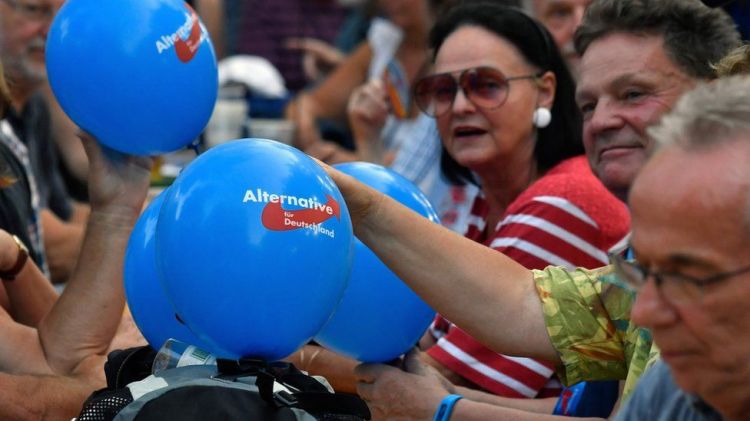
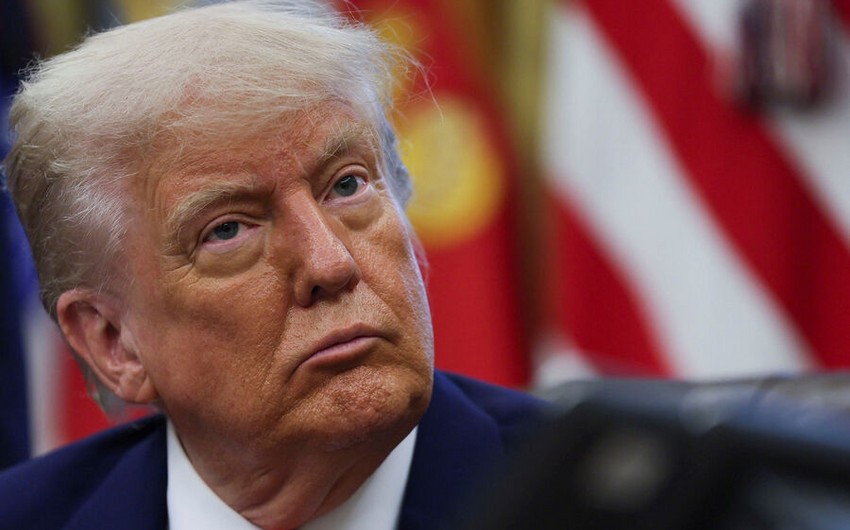

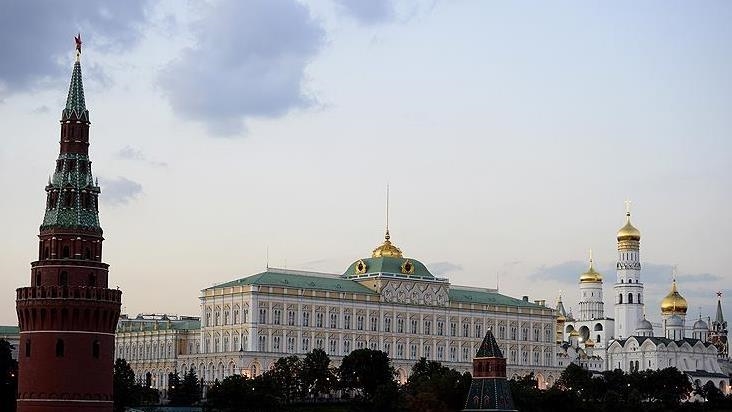
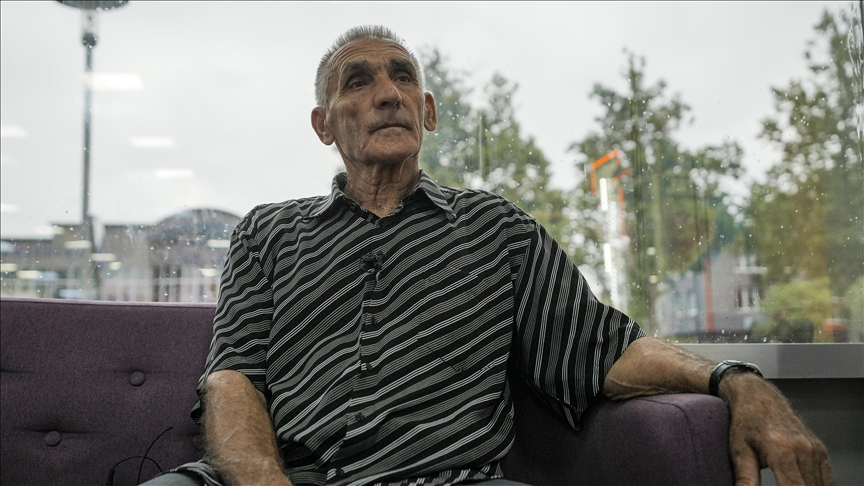
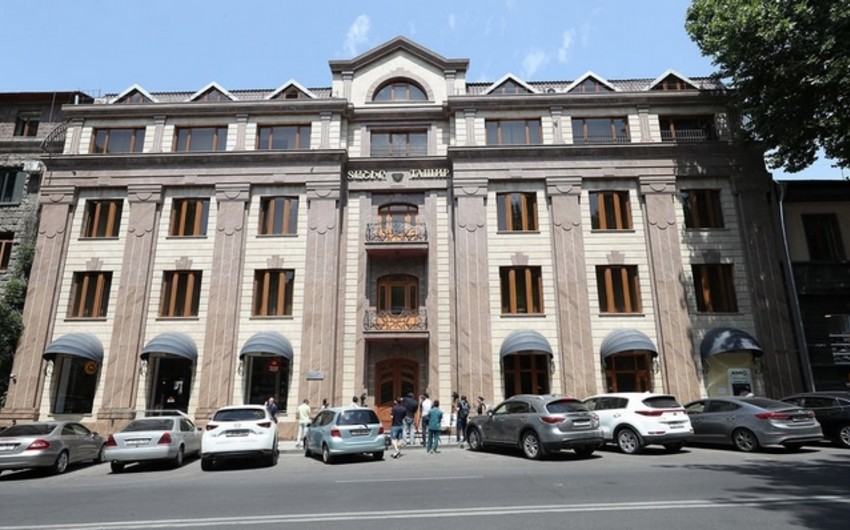
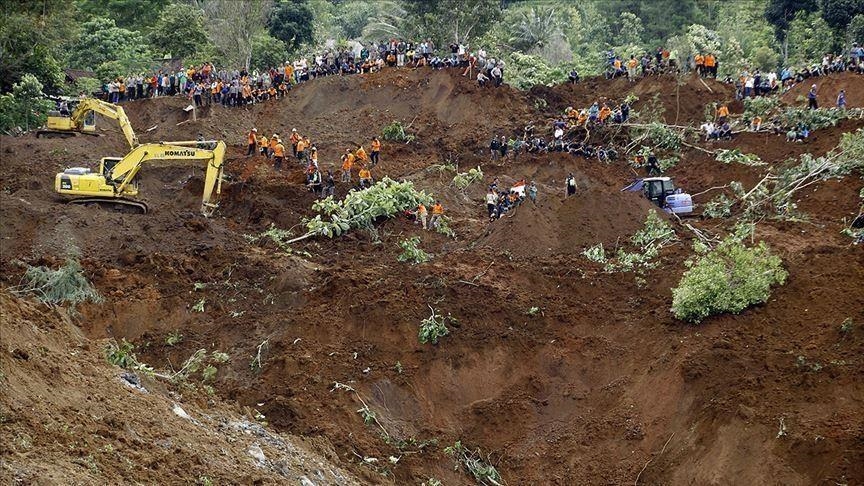
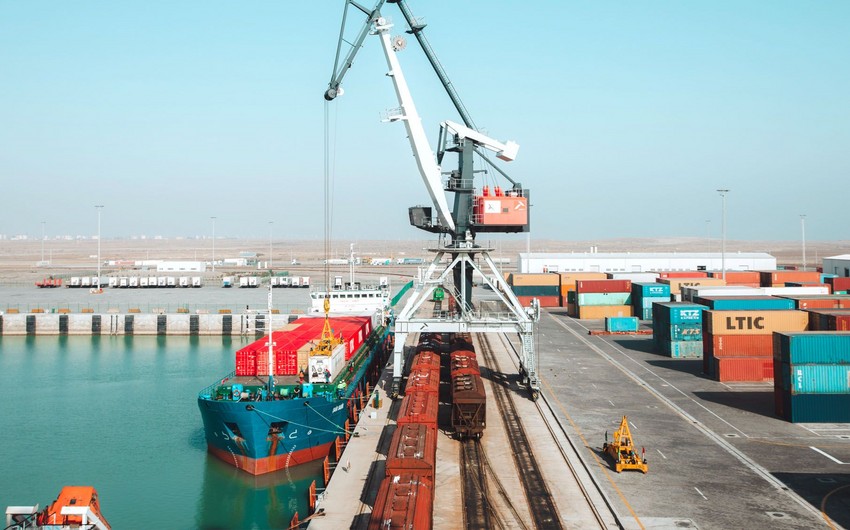
.jpeg)
